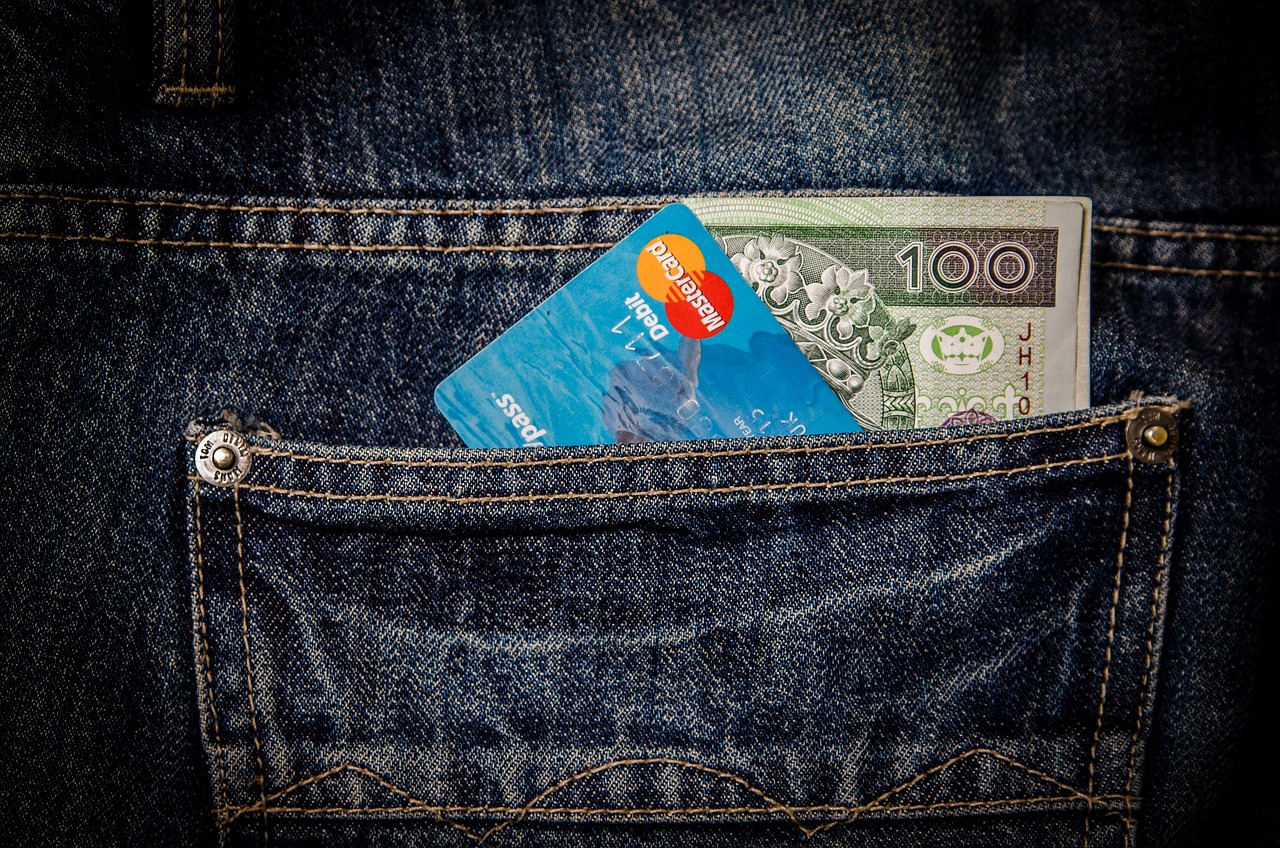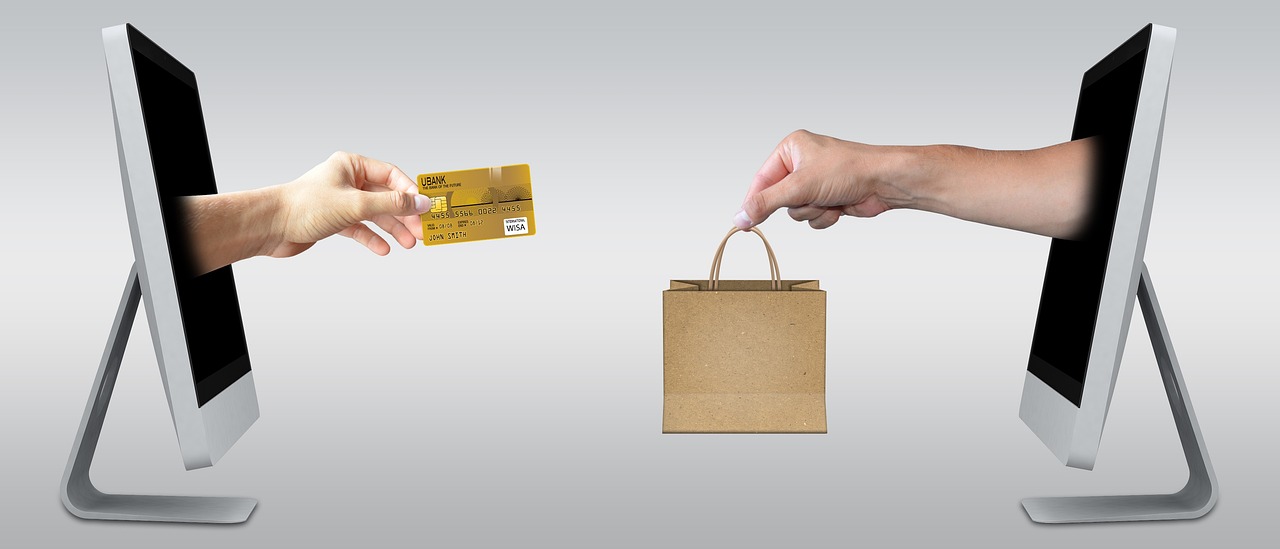
How credit cards work
6 de fevereiro de 2024A credit card is a financial tool issued by a financial institution that enables cardholders to make purchases and settle for goods and services based on a pre-approved line of credit. It functions as a temporary monetary advance, allowing cardholders to spend up to a specified credit limit set by the card issuer.
Operational Mechanism:
- Application and Approval: The process begins when an individual applies for a credit card with a financial institution. The institution evaluates the applicant’s credit history, income, and other factors to determine whether to approve the application.
- Setting the Credit Limit: Upon approval, a credit limit is established for the cardholder. This limit represents the maximum amount the cardholder can spend using the card.
- Card Usage: With the card in hand, the cardholder can make purchases at physical or online establishments by inserting the card into payment terminals or providing card information for online transactions.
- Transaction Processing: When making a purchase, the card issuer verifies whether the transaction amount is within the cardholder’s credit limit and whether the transaction is legitimate.
- Issuance of the Statement: Transactions made during a specific period (usually a month) are grouped into a statement. The cardholder receives the statement at the end of the billing period.
- Payment: The cardholder has the option to pay the total amount due on the statement or a specified minimum amount set by the card issuer. If the full amount is not paid, the remainder is financed and subject to interest.
Fees and Charges:
- Annual Fee: Some institutions charge an annual fee for using the credit card.
- Transaction Fees: These may include foreign transaction fees, cash advance fees, among others.
- Interest: If the cardholder does not pay the total amount due by the due date, interest is charged on the outstanding balance.
- Penalties and Fines: These may be imposed for late payments, exceeding the credit limit, among other reasons.
Benefits and Rewards:
In addition to the convenience of deferring payment, credit cards also offer a variety of benefits and rewards, such as cashback, reward points, travel insurance, fraud protection, among others.
Precautions:
- Responsible Management: It is important to manage credit card usage responsibly, paying statements on time and avoiding accumulating debt.
- Reading the Terms and Conditions: Before applying for a credit card, it is essential to understand the terms and conditions, including fees, charges, and reward policies.
- Expense Control: It is easy to be carried away by the available credit on a card, so it is important to maintain conscious control of expenses and not exceed the credit limit.
Conclusion:
Credit cards offer a convenient payment method, allowing cardholders to make purchases and pay for them at a later date. However, it is crucial to use them responsibly to avoid debt accumulation and maximize the benefits offered.


